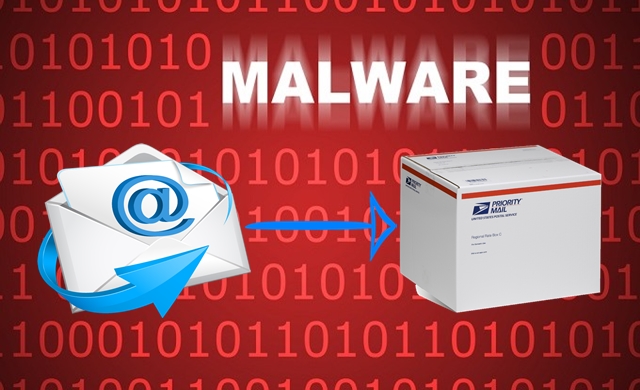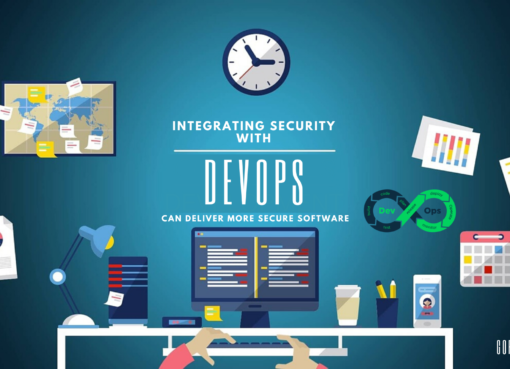The PIN-debit transaction, also known as an Online Transaction is a method of payment that is protected by a password. This authorizes the funds transfer over an Electronic Funds Transfer (EFT). The online purchase includes the computer as well as mobile transaction. It is commonly known as Internet Banking, and it provides access to the bank account for 24 hours. These days, people have limited cash in hand, and many countries are facing an indefinite crisis, Therefore, people are inclined towards online transactions. It is evident that internet banking is more transparent, accountable and scalable. Internet banking is a platform where one can view his recent transactions, make payments, and transfer funds to account, print statements and so on.
Also, Read: Importance of Web Security and Web Marketing in Successful Startup Business
SOME ESSENTIAL FEATURES OF AN ONLINE TRANSACTION
There’s a lot to love about Online Banking. It is way more convenient and straightforward than going to a traditional bank. Here are some basic features of an online transaction:
- In an online transaction, the user takes hold of everything, and he is the one who has the full control.
- One of the most incredible features is that the user can log on from almost anywhere he is. One necessarily needs not be present in the bank.
- The payments are made electronically so there is no paper work involved and it is very convenient for the user as well.
- The transaction speed in internet banking is much more than the transaction in cash and the time of the user is saved as the payment can be made from anywhere he is and from any computer which has access to the Internet.
WHAT ARE THE RISKS INVOLVED IN ONLINE BANKING?
These are many risks involved in the online transaction which needs to be taken care of:
- The customers can be kept in the dark as many websites are flawed and expose customer’s account details in a way that is entirely unsecured. It may also happen that a customer logs in but sees account particulars of another customer and end up harming the customers.
- People who use online banking very often might be familiar with the terms ‘online banking card readers’ and ‘mobile payment methods’. The mobile apps that the banks develop themselves have used, and the smartphones have many security flaws, and it can be very risky for online transaction.
- Online banks are way too perfect, but no bank has ever been safe from a cyber attack. If there is a database that exists, then it can be easily stolen. Period.
- Online Banking is dependent on usernames and passwords, and generally, people use a similar username for all their online accounts and also the same password. This is very risky as access to your account is guaranteed if the hackers escape with the login information of any website you use.
SUGGESTIONS FOR SECURE ONLINE TRANSACTIONS
Considering the risks involved in online transactions, there is an urgent need for securing these transactions.
1. An account with an Option of Two-Factor Authorization Must Pick
A bank account that offers an option of two-factor authorization must prefer for online banking. In Two-Factor Verification, an OTP (One-Time-Pin) sent every time we undertake this transaction and only if the OTP entered correctly then only the transaction will complete. This is a good step towards securing your online transactions.
2. Strong Passwords Is Must
If banks require a user-generated password, then a password chosen should be the one that is almost impossible to crack. This can be done by using a mix of lowercase and uppercase letters, special characters, and numbers. Usage of same username and password for all online accounts should be avoided, and passwords should change frequently. User identification information plus the passwords should not be shared with anyone.
3. Secure E-commerce Websites Should be Visited
The sites that provide secure online transactions and services of dispute resolutions should be trusted and visited. An excellent example of a secure payment service for online transactions is PayPal. A website that begins with “https:// is the one that is secured.
4. Careful shopping
Public Wi-Fi should not be used to pay bills, to shop or to access one’s bank and account websites. Shopping should only be done on a secured Internet connection. Options like “easy pay” or “one-click ordering” should be avoided. While shopping, one should not forget to log out after the transaction is completed. It takes a few extra seconds to enter a user name and password on a merchant site but often takes months to recover from online credit card fraud.
5. Impeccable Records Should Be Kept
One should always compare the bank and credit card statements with the records of every online purchase and transaction. This is a significant step for security. The issuer of the card should be informed immediately in case of any discrepancy.
6. Firewalls and Antivirus Programs Must Be Installed
Most up-to-date version of a reliable antivirus and firewall security programs should be installed in the device of a person who intends to make secure online transactions. A program of spy detector must also be used. These programs should be updated, and scans should frequently run.
7. Personal Information Should be Protected
Full birth date of yourself and your relatives should not post on social networking websites like Facebook. Any information posted online can be stolen.
8. Clicking Emails Should be Avoided
Any financial institution of the excellent standard would never ask for your any of your logs in details by sending an email. One should avoid emails that look suspicious as they are a trap for you to hand over your login details. Directly typing the address of the online bank account that you wish to access into your browser is always safer.
9. Be Aware of Unsolicited Calls
One should be alert of the phone calls that claim they are from your bank. If you smell something fishy, you should immediately hang up and should call your bank via a telephone number that you consider to be valid.
10. Use of shared-Pc should be avoided
If you share a PC with someone then you should on a regular basis clear the cache of your browser so that your account information cannot be used by anyone else and should be removed.
IMPORTANCE OF SSL CERTIFICATE
Secure Sockets Layer (SSL) is a type of security that takes care of the sensitive information such as names of the customers, their phone numbers, and credit card details. One of the most incredible benefits of SSL Certificates is that the information is encrypted and it can only be accessed by the intended parties. An SSL certificate provides an encryption key and the information can be read only by the parties who have the proper encryption key. SSL certificate is also important as it provides authentication. An online business industry needs an SSL with a proper encryption key as it is necessary for accepting payments. SSL certificates also act as a shield and protect the users from phishing. Customers use the websites which according to them is safe and investment in an SSL certificate makes the website look trustworthy and is definitely worth it.
Comodo is a most popular certificate authority in SSL industry. The installation of Comodo SSL Certificate is simple. This certificate company is very trustworthy and the ordering process is also easy. With the use of Comodo SSL Certificate, secure online transactions can be conducted quickly and confidently. All SSL certificates provided here enable up to 256-bit encryption. Comodo Certificate is extremely reliable plus cost-effective and can be used to secure servers.
Steve Roger is a professional writer and a content manager. He find inspiration in yoga and books, Travelling. He loves sharing information and learn new thing.






Comment here